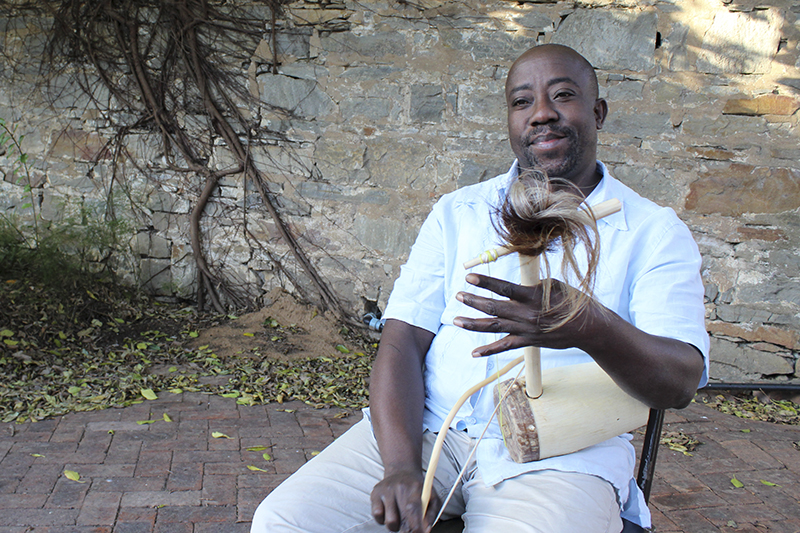International Celebrate Bisexuality Day (23 September) was established in 1999 in the United States to recognise the bisexual community. However, most South Africans don’t seem to recognise this day or understand what it means to be bisexual.
International Celebrate Bisexuality Day (23 September) was established in 1999 in the United States to recognise the bisexual community. However, most South Africans don’t seem to recognise this day or understand what it means to be bisexual.
Bisexual woman Liya Mbekeni said that people only seem to think in black and white when it comes to sexuality. “People in our societies tend to look at things only in two ways; if it’s not heterosexuality then it’s homosexuality, not knowing that human sexuality is more complex than that.” Some argue that it is impossible to include all human sexual feelings and behaviours in only two forms of sexual orientation and say at least three groups are needed to represent human sexual orientation.
Walter Sisulu University journalism student Amahle Moyana said she hasn’t been mistreated her because of her bisexuality, but has been labelled as being confused. An article on USAToday.com challenges this notion however, and states that bisexuality is not just a phase – it is a stable identity.
Furthermore, the article explains that some people know they are equally attracted to people of both sexes from childhood, while others work it out over time. But this doesn’t mean that sexual orientation is a choice. Moyana said as much as society claims it has accepted bisexuals and they are given equal rights, it is apparent that equality for these people is still lacking.
For example some churches accept bisexuals into the congregation, but when they want to marry it becomes a problem. Speaking under the condition of anonymity, a pastor from a church in Mdantsane township between East London and King William’s Town said, “We do welcome bisexuals and gays among us but we do not marry them as that is a deviation from the order of God in creation”.
Besides being discriminated against by churches and heterosexuals, Gail Kirchmann, deputy chairperson of the Eastern Cape Lesbian Gay Bisexual Transgender Intersex (ECLGBTI) organisation, said that bisexuals are even ignored and belittled by gay people.
“I try to challenge discrimination against bisexuals which is very prevalent in the gay community for various reasons,” Kirchmann said. One of the main reason being that many lesbians are not willing to share their women with men, she explained.
The East London based organisation is aimed at mobilising LGBTI people to address the issues they face in society, particularly those who are still scared to disclose their sexual orientation and to speak freely about who they really are. LGBTI activist Nomfundiso Joseph said, “As a group we make sure that if one of us is harassed we report it to the police and we question the system if it takes too long”.
* This article was produced by the Walter Sisulu University Student News Agency




